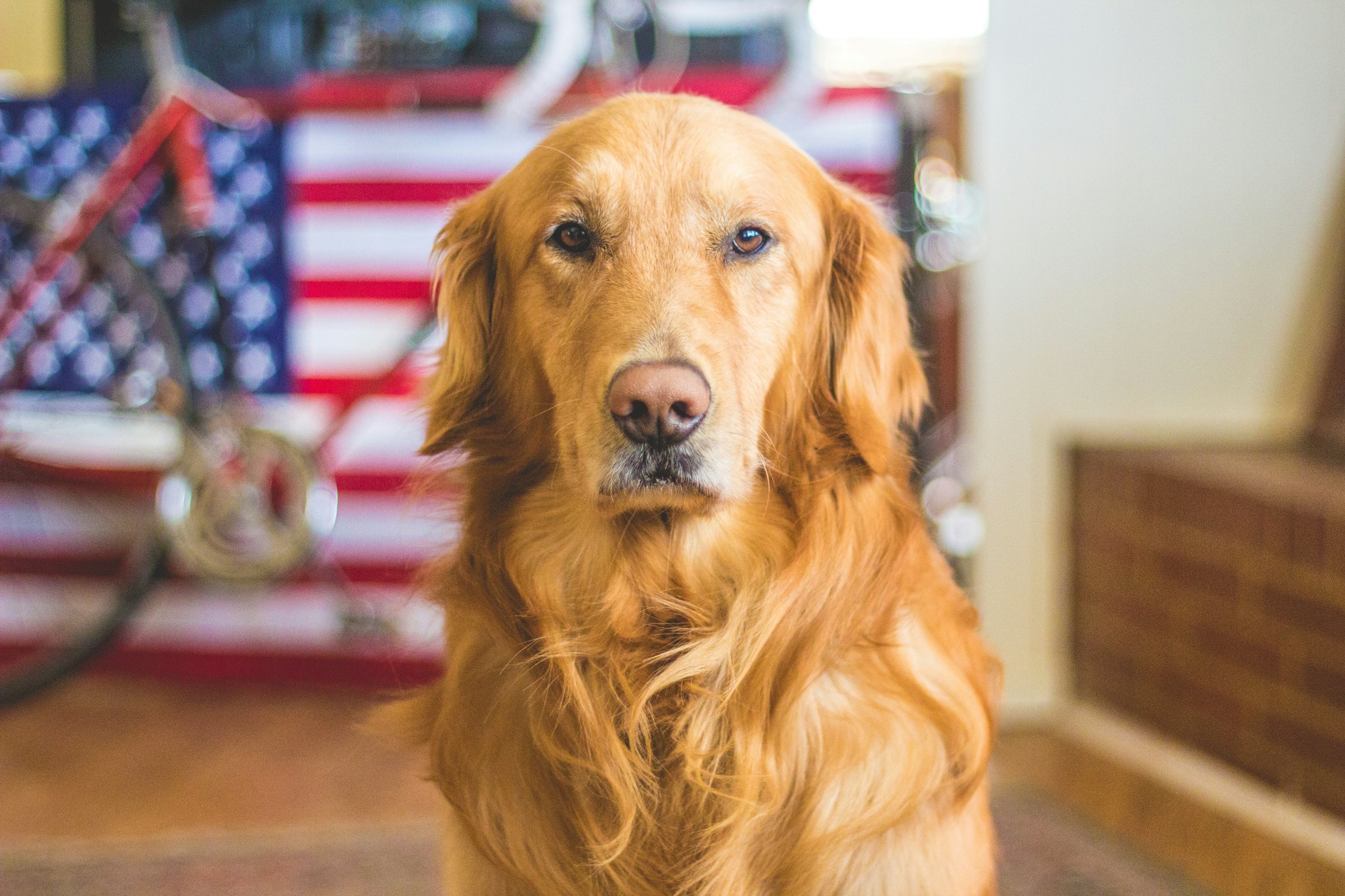“Ever wondered what happens to your loyal guide dog once they retire? Spoiler: It’s not just about treats and naps.”
Your guide dog has been by your side through thick and thin—literally leading you through life’s obstacles. But when retirement rolls around, their guide dog retirement health becomes a priority that requires careful planning, love, and understanding. In this blog post, we’ll walk you through everything from recognizing signs of aging to ensuring their golden years are as healthy and joyful as possible. You’ll learn how to handle physical changes, mental well-being, and even some unexpected challenges (yes, there might be stubbornness).

Table of Contents
- Key Takeaways
- Why Guide Dog Retirement Health Matters
- Step-by-Step Transition Guide
- 5 Tips for Supporting Your Retired Guide Dog
- Real-Life Stories of Happy Retirees
- FAQs About Service Animal Training & Retirement
🔑 Key Takeaways
- Early detection of health issues is critical during a guide dog’s retirement phase.
- Diet, exercise, and mental stimulation play pivotal roles in maintaining guide dog retirement health.
- Retirees may need help adjusting emotionally; patience and consistency are key.
- A professional vet consultation can guide personalized care plans tailored to your dog’s needs.
🧐 Why Guide Dog Retirement Health Matters
Imagine putting in decades of hard work only to find yourself suddenly unmoored. That’s exactly what many retired service dogs face after years of dedication. While they no longer have to navigate crosswalks or dodge hazards, their guide dog retirement health often takes a hit due to age-related conditions like arthritis, vision loss, hearing impairments, or cognitive decline.
“I underestimated my first guide dog’s transition into retirement,” says Sarah L., a blind entrepreneur who worked closely with her Labrador, Max. “One day he was all energy and focus, the next he barely wanted to get off the couch. I felt lost trying to figure out his new needs.”
Here’s where things go wrong if you don’t prepare: Dogs who aren’t properly monitored post-retirement risk developing obesity, depression, or chronic illnesses. And let’s be real—not every pet owner knows how nuanced these transitions can be. Sound familiar?
📊 Stats Worth Noticing:
- Average lifespan of a guide dog: 10–12 years.
- 85%+ of retired working dogs suffer from at least one major age-related condition.
📝 Step-by-Step Transition Guide for Ensuring Optimal Guide Dog Retirement Health
Step 1: Consult with Your Veterinarian
Start with a comprehensive checkup focusing on mobility, dental health, and eyesight. Think of it as an annual performance review—but way furrier.
Step 2: Adjust Their Diet
Older dogs require fewer calories but more nutrients. Talk to your vet about adding supplements like omega-3 fatty acids for joint support.
Step 3: Create a Comfortable Environment
Noisy stairs or slippery floors? Time to rethink accessibility. Add ramps, grippy mats, and cozy resting spots.
Step 4: Establish New Routines
Daily walks might turn into gentle strolls. Mental games like scent puzzles replace rigorous training sessions.
Step 5: Monitor Behavioral Changes
Is Rover less eager to greet visitors? Notice any confusion or accidents? These could signal underlying health issues needing attention.

💡 5 Tips for Supporting Your Retired Guide Dog
- Stay Active Together: Shorter, regular walks keep muscles strong without overexertion.
- Schedule Regular Checkups: Early intervention saves lives—and heartache.
- Provide Cognitive Challenges: Puzzle toys and obedience refreshers maintain brain function.
- Tweak Sleep Areas: Orthopedic beds prevent pressure sores caused by prolonged rest.
- Be Patient: Emotional adjustments take time. Grumpy optimist alert: Yes, you’ll survive those extra cuddles!
🌟 Real-Life Stories of Happy Retirees
Meet Oliver, a Golden Retriever who served faithfully until age 10. After retiring, his owner introduced hydrotherapy sessions twice a week. The result? Improved mobility and renewed zest for life!

Casey, another veteran guide dog, struggled initially with weight gain due to reduced activity levels. However, switching to portion-controlled meals and incorporating low-impact exercises transformed him back into a happy pooch.
These success stories underscore the importance of proactive measures in safeguarding guide dog retirement health.
❓ FAQs About Service Animal Training & Retirement
- What does “guide dog retirement” mean?
- It refers to the stage when a guide dog transitions out of active duty due to age or health reasons.
- How do I know my guide dog is ready for retirement?
- Signs include decreased stamina, difficulty performing tasks, or frequent medical issues.
- Are there financial assistance programs for retired guide dogs?
- Some organizations offer subsidies for veterinary costs or rehoming services. Always verify eligibility criteria.
- Can retired guide dogs still perform light tasks?
- Yes, but under close supervision and within safe limits. Overworking can worsen existing health problems.
- My retired dog seems bored. What should I do?
- Incorporate interactive activities like fetch, scent tracking, or agility courses adjusted for senior abilities.
Conclusion
There’s nothing quite like watching your partner-in-crime—or rather, partner-in-paws—settle gracefully into retirement. By addressing potential pitfalls head-on and nurturing both body and mind, you’ll ensure your hero enjoys a fulfilling chapter filled with belly rubs and wagging tails. Remember, caring for your guide dog retirement health isn’t just responsibility—it’s gratitude in action.
Optimist You: “Follow these steps for a smooth retirement journey!”
Grumpy You: “Fine, but stock up on coffee beans first—you’ve got TLC duty ahead.”
Like chasing laser pointers, keeping tabs on guide dog retirement health requires finesse and persistence.
Haiku time:
Golden years approach
Loyal hearts beat slower now
But love remains steady


